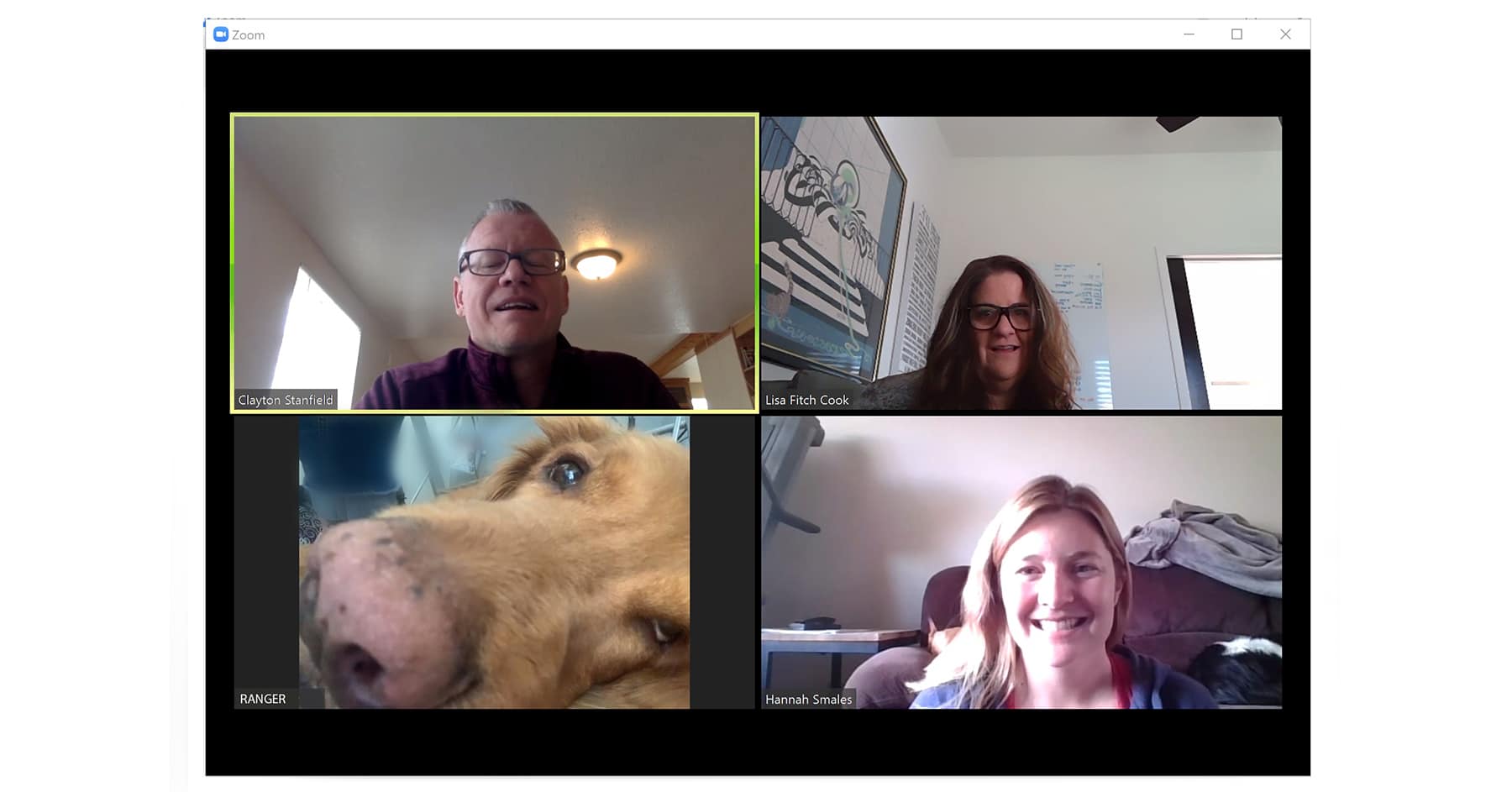Successful Online Events: Part Two: How to Plan a Successful Online Events During Covid
Creating Successful Online Events. Long before Covid-19 crippled trade shows and events, companies were already looking for ways to move the experience online to save costs and reach more people. The problem with online events has always been engagement — getting someone to actually want to be there and feel like they’re taking part in something exciting. Prior to Covid, I’d participated in online events for a long time, and not once did they exceed my expectations.
Fast forward to March 2020. We’re all stuck at home, bored and starved for activities, and then our favorite artists start appearing with small shows on Facebook, StageIt and Instagram. At first, I was all in. It was amazing — but the novelty only lasted about five days. How many times can you get excited about watching your favorite singer play a solo acoustic set without having any actual engagement with them or other listeners? Once the performers started charging for attendance, we all stopped paying attention. Now it really has to be something special for me to commit to stare at my iPad for two hours.
If you haven’t checked out Part One of this series yet, you’ll want to read up on what to avoid at all costs when planning an online event. https://swizzlestory.com/hosting-events-during-covid/ Now we’ll dive into what works. How do you get people jazzed about an event taking place online? Here are our best tips.
Make It Engaging
It’s tough to get someone to attend an online event, let alone pay attention and engage. For starters, set a couple of goals. What kind of engagement do you want? How much engagement do you need to make the event enjoyable? Once you know these first two goals, you need to decide if you have the resources to pull it off or if you need to bring in help.
I took part in a fundraiser recently where we all bought food at local restaurants, went home, and logged into a platform to watch a PowerPoint presentation about the organization. The group made a little money off of the food, but only had 20 percent of their expected attendance, and zero engagement online. I can’t imagine there were even five people logged in with me by the end of the presentation. Everyone’s heart was in the right place, but participation required too much work, and it just didn’t connect with people the way a traditional, in-person event does.
Bring In a Professional
A couple of simple changes can salvage an event like this. First, bring in a professional. If you’re hosting a wine tasting, send out good wine, glasses, a bottle opener, and recruit the sommelier as your guest of honor to talk about the wine. If you’re hosting a formal dinner (or a cooking class!), send out the ingredients to a fancy meal and have a chef walk the audience through the preparations. Heck, if you’re hosting an online meeting, just create some engaging content and bring in a professional host to run the meeting and drive engagement.
Encourage Small, Covid-Safe Gatherings
Another way to drive engagement and have successful online events is to make the event a hybrid event — part in-person, part online. Encourage small, Covid-safe groups to participate online while physically together. That way some people — friends, family members, couples, neighbors — will create some of their own engagement organically and bring that energy to the online portion. A lot of incentive and reward comes from doing activities together, and just because we’re limited in scope doesn’t mean we have to rule it out entirely.
Make It Exclusive — Online or In-Person
How much would you have paid to see your favorite band at the Colosseum in 2019? How much would you pay today to see them at a private club with great food and drinks with 25 other people? Our desire to have fun and support one another hasn’t diminished — only our options have.
What does an exclusive event look like? A lot of local nonprofits typically host dinners for 200-300 people, and they make money on attendance and an activity. Now, when they try to reproduce them online, even with cheaper entrance fees, they can’t sell all their tickets.
Instead, a nonprofit could host an in-person event for 30 people and charge a lot more. It’s still hard to beat an evening of great food, amazing wine and live music while surrounded by good people. People are itching for high-end experiences, and many will pay a premium to attend them now, especially when they also support their favorite causes.
The same logic applies to online events. It’s hard to feel motivated to attend an event where you’re going to be lost in the crowd and it’s either impossible to interact, or there are too many people to have any kind of meaningful interaction. Unless you’re putting on a professional presentation (and thoughtfully considering sound, lighting, and content), try to incorporate interaction with or among your guests, or provide them with another type of exclusive benefit.
By hosting a couple of smaller events, or events with higher buy-ins, organizations can drive motivation to attend and still reach their revenue goals.
Make It Unique
Always keep in mind: What can you offer that no one else does? One unique activity you can host online is an auction.
Auctions are fun and interactive, and they help people validate the price paid for an item. If you’re auctioning off a round of golf at a high-end golf course, people will outbid one another all while assuming that they won’t overpay. Why? Because the process of an auction gives bidders the idea that there are other people willing to pay the same price.
Auctions also allow people to intentionally overspend on certain items. Individuals who attend in order to help an organization may come to the event with a generous budget, and for some, that might look like spending $5,000 on a black lab puppy. (I promise I’ve seen this happen before.)
With an online event, make sure your technology is in place and running smoothly ahead of time, or your engagement can plummet. If you run an auction, be sure to provide items that are higher in demand and high-end. I won’t tell you how much I would pay to go to Hawaii and for a daylong snorkeling trip, but if there was an auction for it, I would win.
Where to Start When Planning a Covid-19 Event
Ready to start thinking about your next event? Consider these questions before you get started.
- What is the goal of the event? List out the goals — in order. Is it to make money? Do you want to thank sponsors? Do you want to build awareness? Do you just love having an event and it’s your organization’s tradition to have one?
- What is the goal of the attendees? To support you financially? To have fun? To mingle and shop the auctions? To enjoy good food and wine?
- What can you do within reason and still benefit the organization and its donors?
Once you answer these questions you’ll start to see what the real goals for the event are and where you should start planning. If you’re ready to take the next step, call Swizzle. We’re experts in creating memorable brand experiences that highlight your organization’s values while meeting your goals.
Swizzle Brand Solutions
https://www.facebook.com/swizzlestory
Blog Post: Successful Online Events
Successful Online Events




